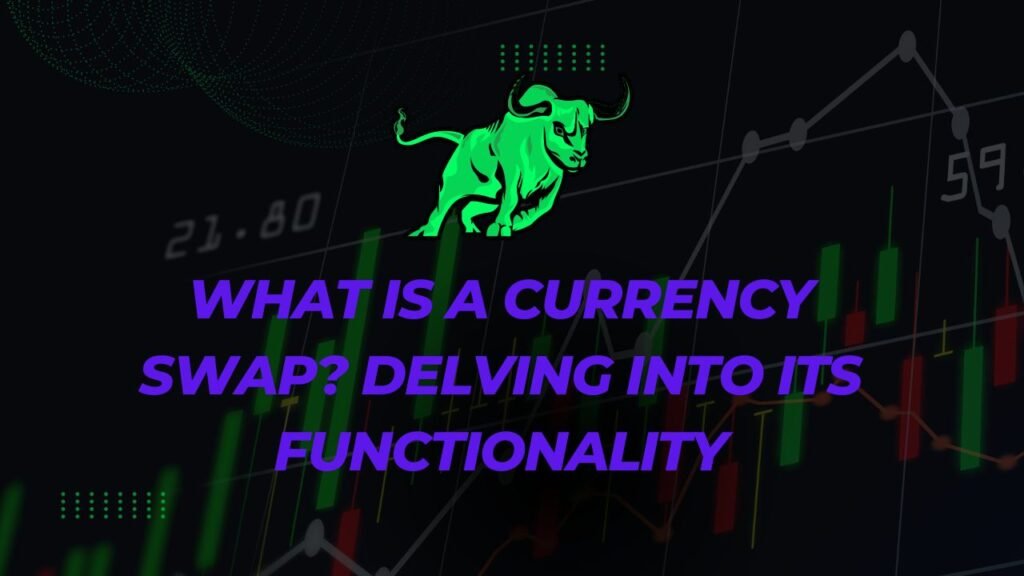
“What is a Currency Swap?” This query leads us into the complex world of financial strategies. A currency swap is a transaction in which two parties exchange an equivalent amount of money with each other but in different currencies. It involves exchanging principal and interest payments on a loan made in one currency for principal and interest payments of a loan of equal value in another currency.
The Mechanics of Currency Swaps in International Finance
- Exchange of Currencies: Initially, parties involved in a currency swap will exchange principal amounts at a predetermined rate.
- Interest Payments: Over the course of the agreement, they exchange interest payments on their respective loans.
- Reversal of Transaction: At the end of the agreement, the original principal amounts are exchanged back.
Real-World Applications: How Currency Swaps Work
- Companies Doing Business Abroad: A U.S. company might enter into a currency swap with a European company to obtain Euros, while the European company benefits from receiving U.S. dollars.
- Risk Management: Currency swaps can be used to hedge against currency fluctuations and interest rate risks.
Benefits of Engaging in Currency Swaps
- Cost Savings: Companies can access foreign capital at a lower cost.
- Risk Mitigation: They provide a hedge against forex and interest rate fluctuations.
- Flexibility: Currency swaps offer tailored solutions for financial needs.
Understanding the Risks Associated with Currency Swaps
While currency swaps can be beneficial, they also carry risks like credit risk, exchange rate risk, and the complexities involved in these transactions.
Frequently Asked Questions (FAQs)
Q: How is a currency swap different from a foreign exchange transaction?
A: Unlike a typical foreign exchange transaction that involves a single exchange of currencies, a currency swap involves a series of exchanges over a period.
Q: Can small businesses benefit from currency swaps?
A: Yes, small businesses involved in international trade can use currency swaps to manage currency risks and financing costs.
Q: Are currency swaps only used for hedging purposes?
A: While hedging is a primary use, currency swaps are also used for speculative purposes and to access foreign investments.
Conclusion: Currency Swaps as a Versatile Financial Instrument in Global Markets
What is a Currency Swap?” It’s a multifaceted financial instrument that plays a vital role in international finance. By offering a way to manage risks and finance international operations, currency swaps are essential for companies navigating the complexities of global markets. Understanding this tool is crucial for businesses and investors seeking to optimize their financial strategies in the global economy.